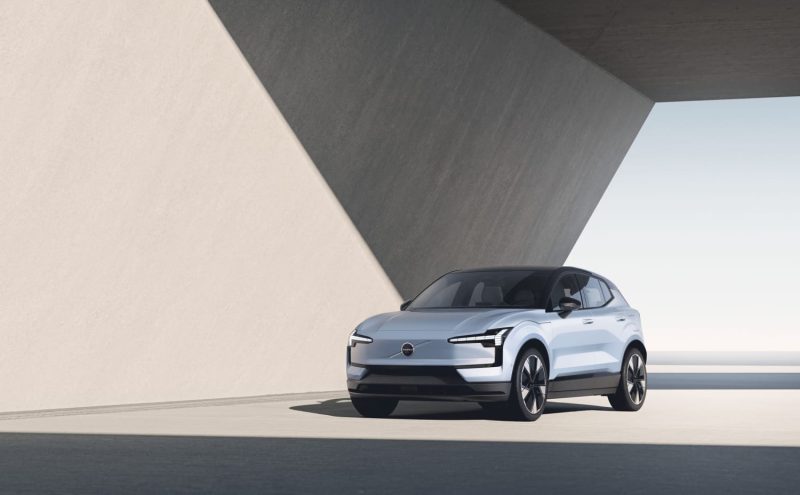
Volvo’s Winning Strategy: Bringing a Budget-Friendly Chinese EV to American Soil Amid Trade Tensions
Volvo – the Global Giant in Electric Vehicle market
Since the rise of electric vehicles (EVs) in the automotive industry, various companies have been aiming to seize a share of this burgeoning market. Volvo, recognized for its commitment to sustainability and innovative technology, has been at the forefront of the EV revolution. In a strategic move that raised eyebrows across the industry, Volvo managed to bring a budget-friendly Chinese-made EV to U.S. shores amidst a challenging trade war climate. This bold step not only showcases Volvo’s adaptability and foresight but also underscores the influence of global dynamics on the automotive sector.
The Drive Toward Electric Mobility
The automotive landscape is witnessing a significant shift towards electric mobility, driven by concerns over climate change, dwindling fossil fuel reserves, and evolving consumer preferences. In this context, Volvo has positioned itself as a leader in sustainable transportation solutions. With ambitious plans to electrify its entire vehicle lineup by 2030, Volvo has demonstrated a long-term commitment to reducing carbon emissions and embracing clean energy technologies. This forward-thinking approach aligns with global efforts to combat climate change and transition towards a greener future.
Navigating the Trade War Terrain
The global trade landscape has been characterized by instability and protectionist measures in recent years. Tensions between the U.S. and China, in particular, have resulted in tariffs and trade restrictions that have impacted various industries, including automotive manufacturing. Volvo’s decision to introduce a Chinese-made EV to the U.S. market amidst this challenging trade environment reflects the company’s strategic acumen and flexibility. By leveraging its partnership with Geely, Volvo was able to circumvent some of the trade barriers and offer consumers an affordable EV option.
The Role of Partnerships and Collaboration
Collaboration has been instrumental in Volvo’s success in bringing a Chinese EV to U.S. shores. The partnership between Volvo and Geely, its parent company, has facilitated technology sharing, supply chain integration, and market expansion. This synergy has enabled Volvo to capitalize on Geely’s expertise in EV manufacturing and distribution, leveraging economies of scale and cost efficiencies. By working together, Volvo and Geely have navigated the complexities of international trade and regulatory frameworks, demonstrating the power of strategic partnerships in the automotive industry.
Implications for the EV Market
Volvo’s foray into the U.S. market with a budget-friendly Chinese-made EV has significant implications for the broader EV landscape. By offering an affordable electric vehicle option, Volvo has democratized access to sustainable transportation solutions, making EVs more accessible to a wider range of consumers. This move not only underscores Volvo’s commitment to sustainability but also highlights the increasing competitiveness of Chinese EV manufacturers on the global stage. As the EV market continues to evolve, partnerships, innovation, and strategic positioning will be key drivers of success for automakers seeking to meet the growing demand for electric mobility.
In conclusion, Volvo’s entry of a Chinese-made EV into the U.S. market amidst a trade war climate exemplifies the company’s strategic vision, adaptability, and commitment to sustainable transportation solutions. By leveraging partnerships, embracing innovation, and navigating global dynamics, Volvo has positioned itself as a key player in the evolving EV landscape. As the automotive industry transitions towards electrification, Volvo’s bold move serves as a testament to the transformative power of collaboration and forward-thinking strategies in shaping the future of mobility.
